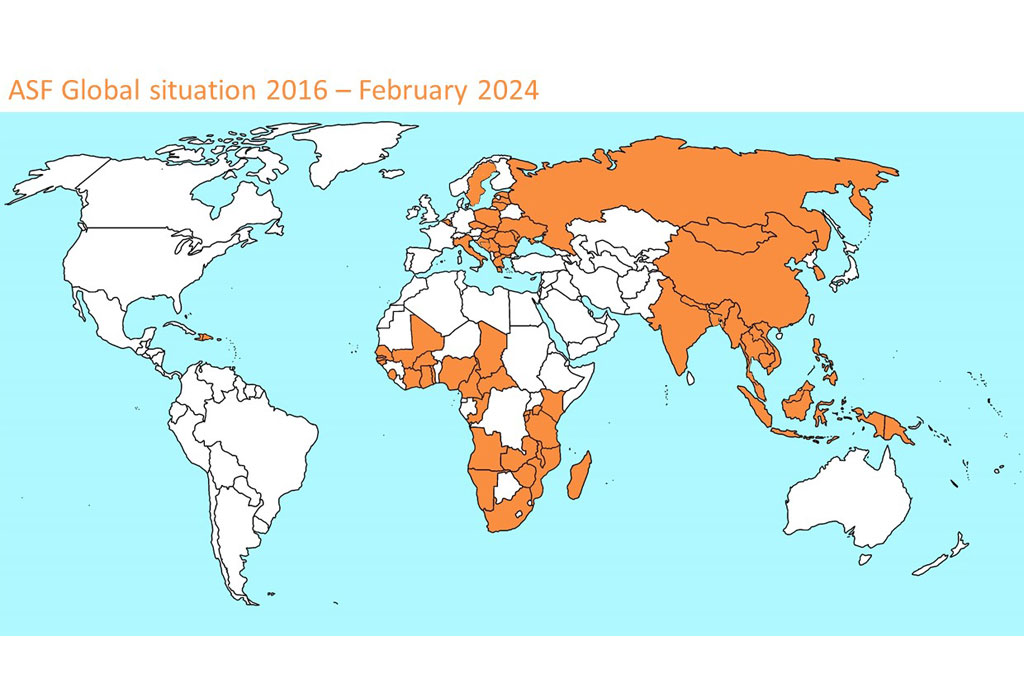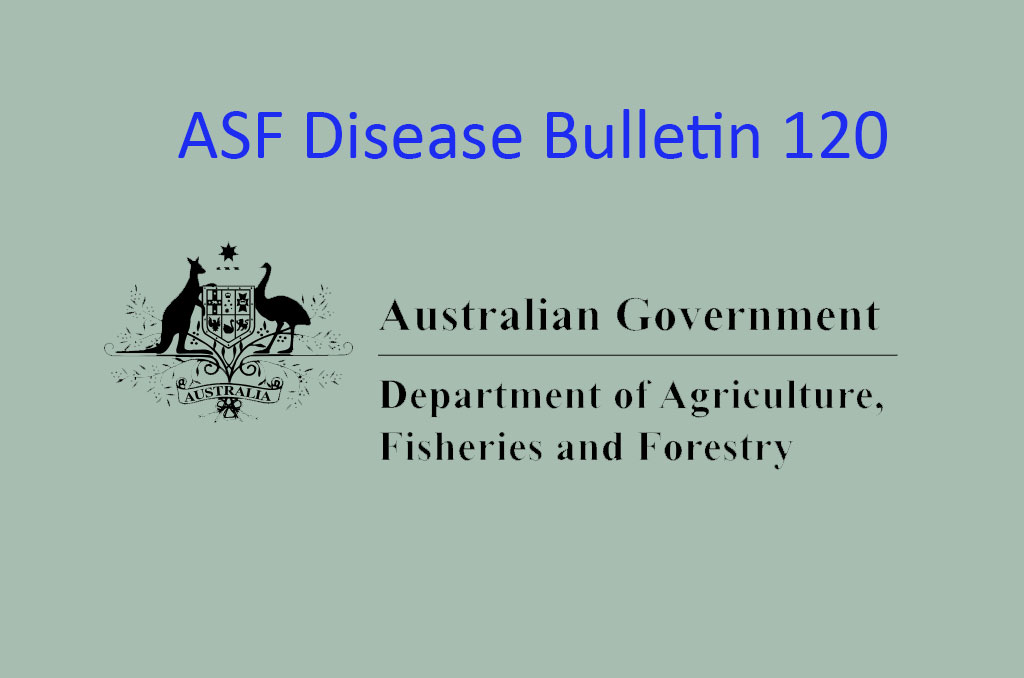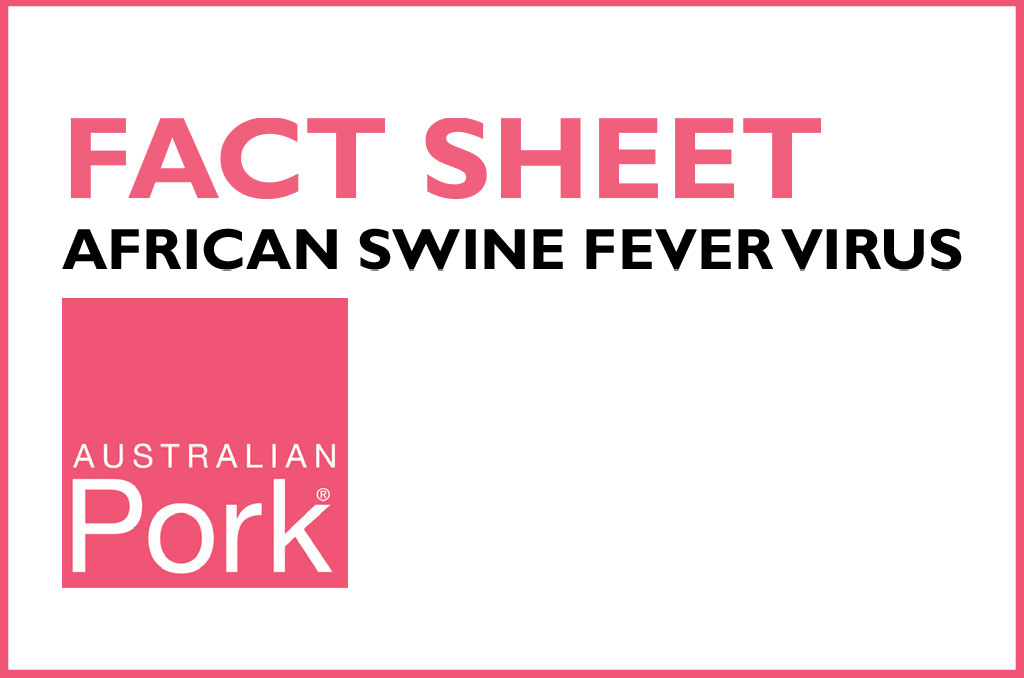African swine fever information and training
You can help keep Australia ASF free by encouraging:
- Awareness of the clinical signs of ASF and knowledge of sampling and reporting requirements to support ASF early detection
- Compliance with state legislation that prohibits swill feeding
- Good on farm biosecurity, being especially mindful of risks from visitors and workers coming from overseas.

Above: Clinical signs of ASF including red or purple discolouration of the skin and bloody nasal discharge.
African swine fever (ASF) is a highly contagious viral disease of domestic and feral pigs that can cause 100% mortality in infected animals.
It is endemic to sub-Saharan Africa but began to spread through Eastern Europe after it was confirmed in Georgia in 2015. ASF was detected in China for the first time in August 2018 and spread rapidly to other Asian countries, reaching Timor Leste in September 2019 and the Southern Highlands of Papua New Guinea in March 2020.
ASF has never occurred in Australia, but if an outbreak did occur in the domestic pig population it would have a significant impact on the pork industry and associated communities. This would include loss of international trading opportunities and the likely destruction of large numbers of pigs to eradicate the disease and manage animal welfare issues associated with movement restrictions.
Australia’s policy in the event of an outbreak is to eradicate the disease in the shortest possible time. Early detection is critical for a rapid and effective response and relies on the efforts of veterinarians, biosecurity personnel and industry specialists to remain vigilant and report suspected ASF infections.
Clinical signs of ASF include sudden death, high temperatures, lethargy, nasal and ocular discharge, coughing and/or breathing difficulties and red or blotchy skin discolouration.
Further detail on peracute, acute, sub-acute and chronic forms of ASF are detailed in the ASF prevention and early detection, and the ASF surveillance and sampling eLearning courses available on the Animal Health Australia online training portal. Registered veterinarians who complete modules within these courses are eligible to claim 1 VetEd continuing professional development (CPD) point for each hour of learning.
Report any suspected signs of ASF immediately by contacting your state or territory biosecurity agency directly or calling the Emergency Animal Disease Hotline on 1800 675 888.

Above: This map shows the countries where ASF outbreaks have been confirmed between 2016 and February 2024. Current reports on ASF spread can be accessed at: African swine fever – WOAH – World Organisation for Animal Health.






